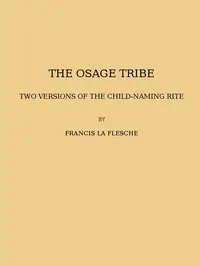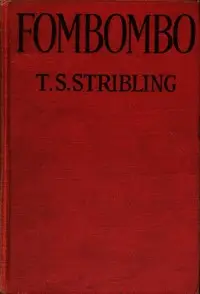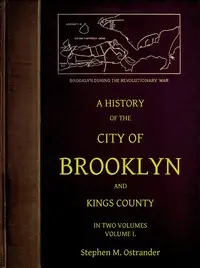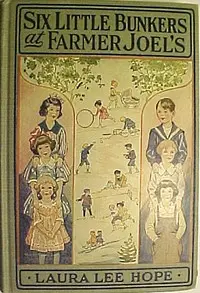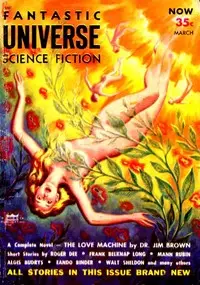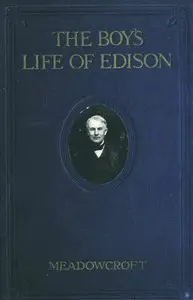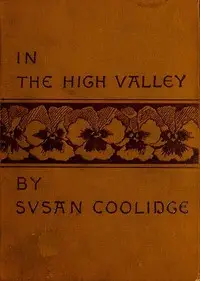"The Middle Five: Indian Boys at School" by Francis La Flesche is a collection of autobiographical sketches written in the early 20th century. This work provides a vivid portrayal of the experiences of young boys from the Omaha tribe attending a mission school, exploring their daily lives, cultural backgrounds, and the challenges they face in a new education system. The narrative focuses on friendship, growth, and the contrasts between their traditional upbringing and the influences of schooling. The opening of the book introduces us to the emotions and experiences of a young Indian boy entering the mission school. The boy is overcome with homesickness, crying for his mother, while a kind older boy reassures him. As the chapters unfold, we learn about the structure of the school and the complex relationships among students from different backgrounds. The experiences of these boys, including their struggles to adapt to an English-speaking environment, their friendships, and their encounters with cultural differences, set the stage for a rich exploration of identity and belonging in an evolving world. Each sketch reflects the author’s intent to present the true nature of Indian boys and how they navigate their multifaceted lives. (This is an automatically generated summary.)
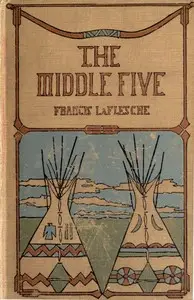
The Middle Five: Indian Boys at School
By Francis La Flesche
"The Middle Five: Indian Boys at School" by Francis La Flesche is a collection of autobiographical sketches written in the early 20th century. This wo...
Francis La Flesche was the first professional Native American ethnologist; he worked with the Smithsonian Institution. He specialized in Omaha and Osage cultures. Working closely as a translator and researcher with the anthropologist Alice C. Fletcher, La Flesche wrote several articles and a book on the Omaha, plus more numerous works on the Osage. He made valuable original recordings of their traditional songs and chants. Beginning in 1908, he collaborated with American composer Charles Wakefield Cadman to develop an opera, Da O Ma (1912), based on his stories of Omaha life, but it was never produced. A collection of La Flesche's stories was published posthumously in 1998.

